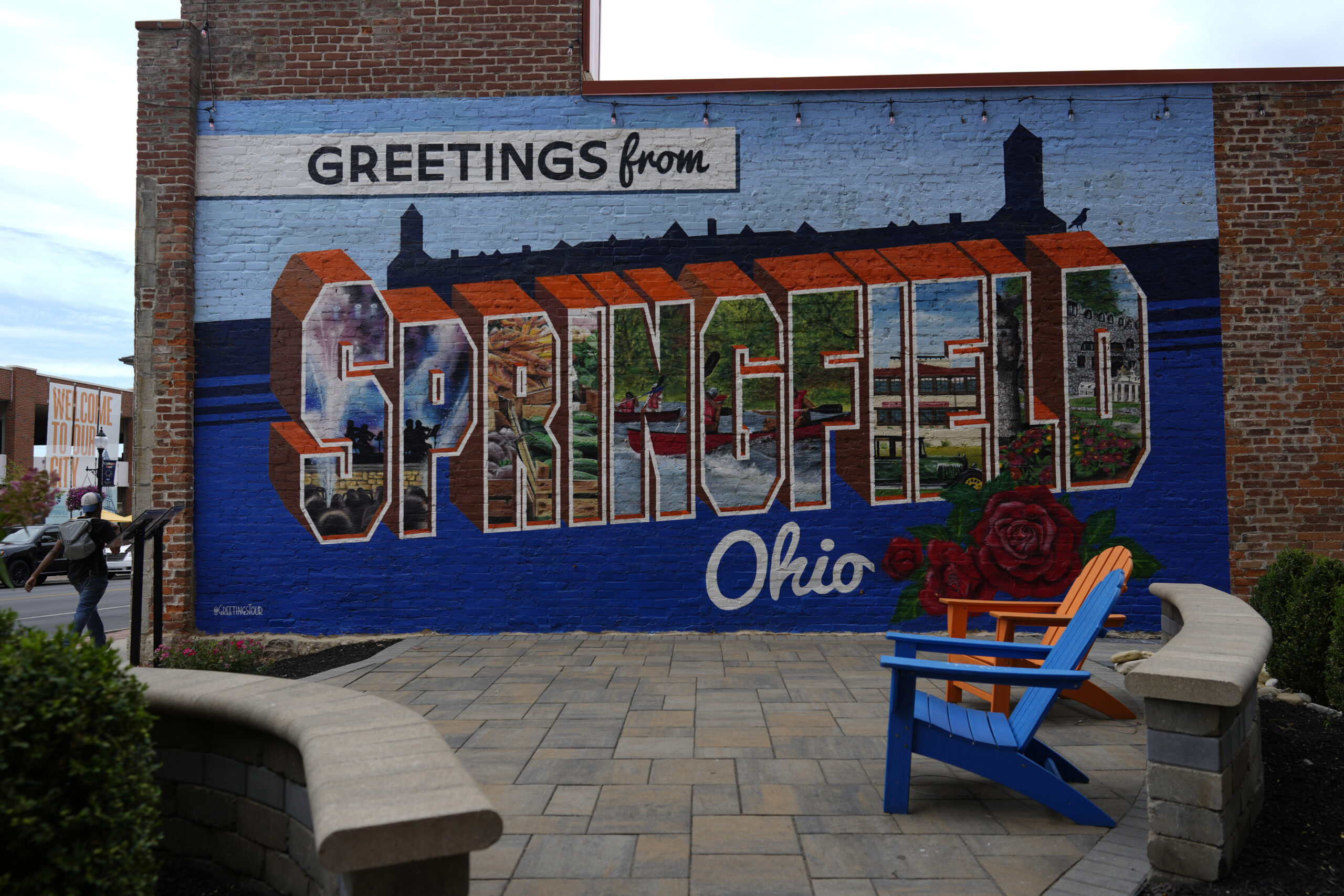By Rafaela Uribe
Sep 29, 2024, 3:44 PM EDT
The recent disastrous accusations against Haitian immigrants in Springfield, Ohio, about their alleged eating habits and alleged criminality are neither the first nor the worst in a long history of exclusion suffered by a people to whom all Latin Americans owe a great debt. .
In this Hispanic Heritage Month, where we seek to celebrate the dignity and all the contributions of our countrymen and fellow human beings throughout the continent, we cannot leave our Haitian brothers and sisters behind. What they suffer today is part of the growing anti-immigrant sentiment and rhetoric that threatens us all.
We have already seen how the smears, repeated by high-ranking politicians and infamous commentators, have resulted in more than 30 bomb threats against the Haitian residents of Springfield, closing schools for days and harming the entire town.
The mistreatment of these immigrants, who are in the country with temporary protected status (TPS) and have contributed immensely to the economy and culture of a people that was in decline, is part of a historical pattern of punishment against the Haitian people, from the United States and other countries.
In the 1980s and 1990s, the United States defamed Haitians as being more likely to acquire and transmit HIV/AIDS, and thus interned thousands of people seeking asylum after a violent 1991 coup d’état in a camp. refugees in Guantánamo, Cuba, against international law.
And if we go further back in history, when Haiti liberated itself in 1804, becoming the first free black nation in the world, none of the colonial powers forgave it. These people are responsible for the liberation of enslaved people throughout Latin America, including my ancestors and the ancestors of many Latinos who live in this country.
However, we see how we Latinos seek to exclude Haitians from our brotherhood, justifying it with our differences in language and racial composition. But for Latinos like me, who are black, this exclusion reminds us of the work we have left to free ourselves from the racist and anti-black attitudes embedded in the Latin culture that we claim to celebrate, and in society in general.
We make a serious mistake if we think that the attacks against Haitian immigrants do not concern us. The mass deportations that a candidate promises if he comes to power will not distinguish between Haitians, Venezuelans, Mexicans or any of us who are identified as immigrants. We are blamed for crime, violence, and countless offenses that supposedly “poison the blood of the country.” [estadounidense]”, as we heard in a recent political speech.
And in this month especially when we ask for dignity as Latin Americans, our Haitian brothers and sisters deserve the same. Like many of us, they have faced many hardships and persevered. And that is worth giving them our respect and solidarity.
–Rafaela Uribe is an associate attorney in racial justice at LatinoJustice PRLDEF.
